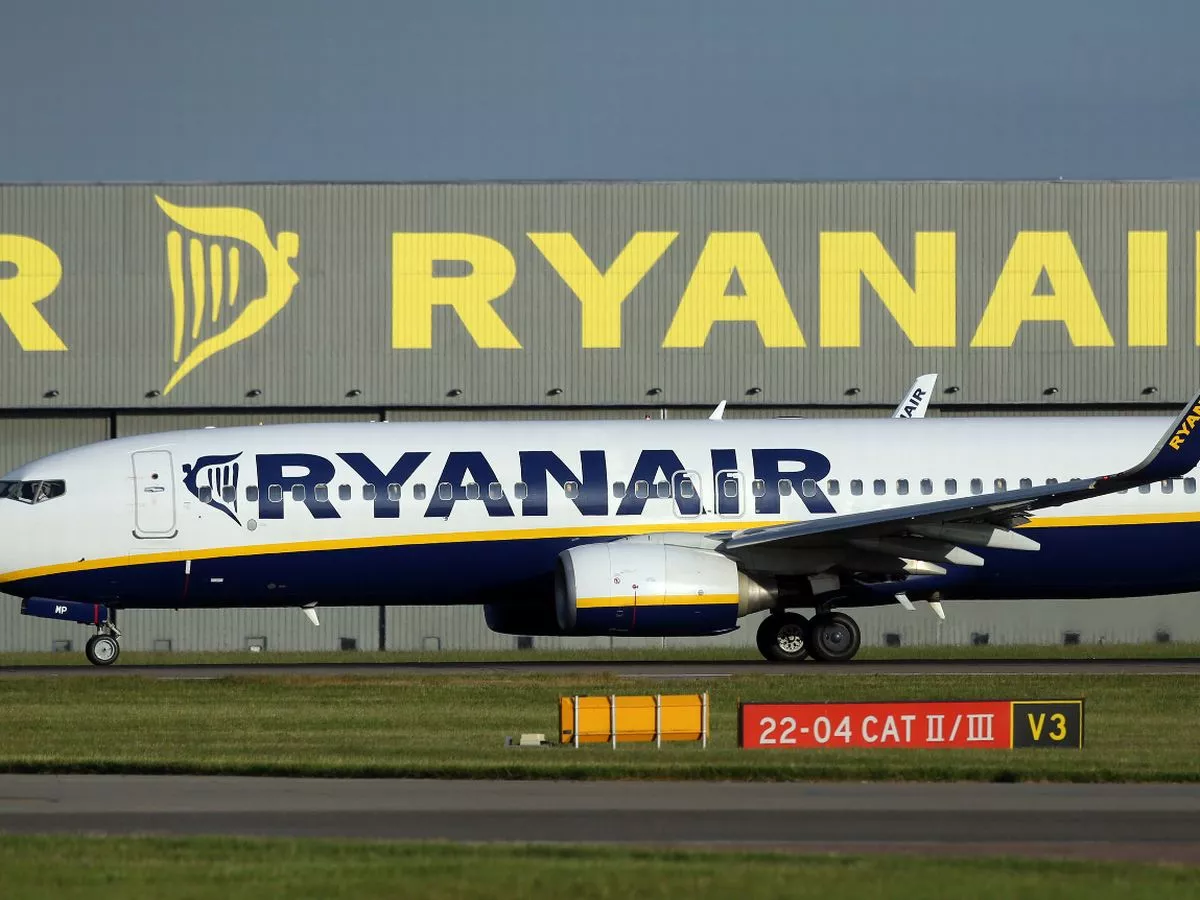Copyright manchestereveningnews

Travel giant Ryanair is making some significant changes in November that could affect Brits travelling to Spain and other European hotspots this autumn. Throughout November, Ryanair is set to begin using entirely digital boarding passes, with a transition date of November 12, which was pushed back from November 3. The airline company has chosen autumn to make the transition as it is usually a quieter period following the school half-term holidays. Ryanair's transition to 100% digital boarding passes means that from November 12, passengers will no longer be able to download and print a physical boarding pass, but will instead need to use the digital boarding pass generated in their “myRyanair” app during check-in to board their Ryanair flight. Join the Manchester Evening News WhatsApp group HERE It marks the latest step in Ryanair's digital transformation, which has already rolled out several features and initiatives in the app to improve the travel experience for its more than 206 million customers (especially during disruptions), including: Dara Brady, Ryanair's CMO, said: "To ensure a smooth transition for our customers to the exclusive use of digital boarding passes, we will be making the change from Wednesday 12 November, which is typically a slightly quieter period for travel following the busy half-term holidays. "Ryanair's move to 100% digital boarding passes will mean a faster, smarter and greener travel experience for our customers, optimised through our “myRyanair” app, where passengers will also benefit from useful features such as “Order From Your Seat” and real-time flight information." As well as the changes to Ryanair's boarding passes, November will also see the introduction of the new Entry Exit System (EES), a biometric entry and exit scheme at Menorca and Palma airports on November 4 and 19. The EES scheme is a new digital border control system for non-EU nationals entering 29 European countries (most of the Schengen Area) for a short stay. It replaces manual passport stamping with automated kiosks that collect biometric data like fingerprints and facial images, along with travel document data, to track entries and exits. The system aims to increase border security and efficiency and began a gradual rollout on October 12, 2025, with full implementation expected by April 10, 2026. The Foreign Office advice is to get to airports three hours prior to departure as the gradual introduction of the scheme is expected to cause some delays. Any tourist who refuses to provide biometric data, like a photograph or fingerprints, will be denied entry to the country they're visiting.



